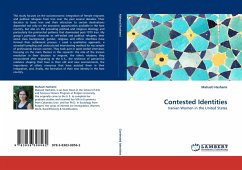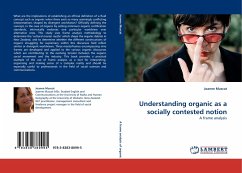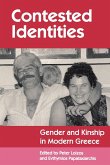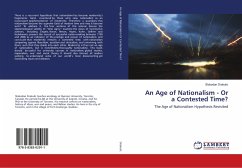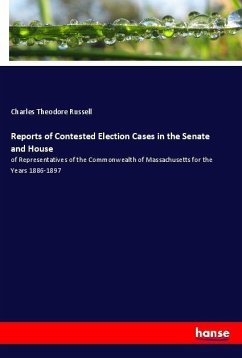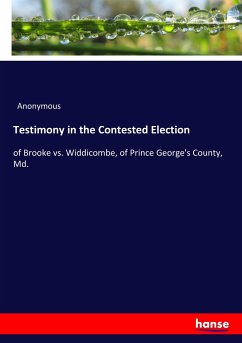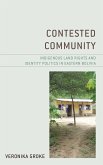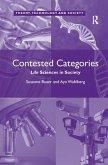This study focuses on the socioeconomic integration of female migrants and political refugees from Iran over the past several decades. Their decision to leave Iran and their attraction to certain destinations depended not only on the economic opportunities available in the host country, but also on the prevailing political and religious ideology and particularly the patriarchal patterns that dominated post-1979 Iran. My group s particular character as self-exiled and political refugees, their social class background, gender, religious and ethnic identities have formed their settlement process. I used a qualitative approach, a snowball sampling and unstructured interviewing method for my sample of professional Iranian women. They took part in open-ended interviews focusing on the main themes in this research: the role of the Iranian revolution in their decision to migrate, the ethnic relations they encountered after migrating to the U.S., the resilience of patriarchal relations shaping their lives in their old and new environments, the importance of ethnic resources that have assisted them in their integration, and, finally, the formation of their new identity in the host country.
Bitte wählen Sie Ihr Anliegen aus.
Rechnungen
Retourenschein anfordern
Bestellstatus
Storno

